Text
The Missing Piece: Louder Than Love
I’ve been writing lately about things that I enjoy and have yet to post it here (I will soon!). One thing that occurred to me is to make a series of write-ups regarding underrated or undervalued albums. It started with Soundgarden’s DOTU and now it continues with their second release, Louder Than Love. Still, expect other bands to be discussed as well! I call this series of write-ups—The Missing Piece.

Soundgarden was supposed to be that band to break the glass ceiling for Seattle. After all, they were the first band of that scene to get signed to a big studio and one of the first to record under now legendary label Sub Pop. Essentially after their first album, Ultramega Ok, Soundgarden was on the brink of major success.
Enter Louder Than Love
Soundgarden released their second album Louder Than Love on September 5, 1989. The rock world was reeling from Guns N’ Roses masterpiece Appetite for Destruction (1987) hitting number one the previous year (1988), yet the public was not ready to open its arms to what would soon be the explosion of heavy and meaningful rock music. Yet Louder Than Love can be viewed as a success when viewing it as a cog in the machine that was the Seattle scene. This is what strikes a chord, and the strangeness is furthered when considering how Soundgarden’s peers discuss the band as a pillar to look up to at that point.
Still, when you listen to the album now it sounds unique, mixing punk and metal with giant rock ambitions. Essentially the album sounds like part Sabbath, Zeppelin, and sprinkle the disturbing sound that is The Stooges. With songs such as Ugly Truth, Hands All Over, Gun, Loud Love to the humorous Big Dumb Sex; all add up to an album that is heavy, fun, and smart. Although the album carries some weak songs, but not enough to weigh it down.
Few bands can bring the heaviness that is a song like Gun with its gradual increase/decrease in pace, yet it never reaches the point of nausea that can plague heavy music. It’s simply sublime—ugly yet interesting. Loud and fast yet melodic.
It helps that Chris Cornell can simply sing over everything and sound so strong. He is the anchor to Soundgarden’s music. Cornell allows the band to play heavy material, but also explore deep fears in a Dickenson kind of way.
Cornell who described the album cover as the “quintessential angry young man” and so the whole album plays on the description: angry, satirical, and mean. For instance, the song Power Trip captures the rawness of Cornell’s vocals, but the message is clear, the protagonist of this album wants excess as Cornell proclaims, “I want to be king.”

Essentially much of the album was a direct response to the superfluous 80s metal world, which was full of party anthems and virtuosity. Cornell would describe the title of the album as “It's sort of making fun of heavy metal bravado. Metal bands would say Louder Than Thunder or something. So Louder Than Love, what is Louder Than Love?" Kim Thayil would go as far as to say that the band initially wanted to name the album “Louder than Fuck” to further prove their point. Essentially Soundgarden was honest and meaningful with their music, lyrics, and image.

Yes, Soundgarden was not following in this guy’s footsteps
Soundgarden was a band not wanting to stay in the confines that were metal, hence why many of the songs here resonate.
Cornell sings with honesty and he’s backed up by heavy hitters. Thayil plays massive riffs and Cameron pounds the drums. The narrative that followed was the appearances of bands that had something to say. Bands didn’t need to convert their sound to acoustics to feel emotion nor did they have to lower their volume to get a point across. Essentially Soundgarden said, “here have my album as is,” which didn’t result in the band's success. As a result, they became that cog that was needed, but for this very reason, it’s mind-blowing that the album isn’t discussed more.
Much of the discussion of “classic” status does go to the people who proclaim such statuses. It’s a mixture of listeners and critics which at the time I believe misunderstood the album. For instance, Rolling Stone magazine comparing Kim Thayil to U2’s The Edge, which is a head scratcher, or the fact that the album was critiqued as dumb metal by Robert Christgau. It really points to the fact that the central idea of the album was missed. The only thing that was praised was the talent: Cornell’s vocals, Thayil’s pounding riffs, etc. What’s surprising is the fact that Soundgarden’s sound and ideas transitioned to the 90s with no struggle in sight. Meaning the album simply came out at the wrong period in terms of the individuality of the record.

Yes this is an actual Rolling Stone cover *Ha*
Was the general audience ready for boasting vocal, heavy Sabbath riffs and crude metaphors such as killing one’s mother? Not in 1989 they weren’t.
Evidently many alternative bands of the 90s would follow suit with this combination of Sabbath riffs and punk influences (few would delve into Zeppelin territory). Much is credited to bands like Guns N’ Roses and Metallica for paving the way for grittier rock stories to be told and heard in mainstream rock, but all the while Soundgarden (along with Jane’s Addiction) was also carving these same strides on a smaller scale. The 80s rock scene was about to die out thanks in large part due to the alternative scene, which evidently was Soundgarden's scene, yet no one really discusses the album that connects the 80s “grunge” acts to the 90s. Soundgarden released their first record to cement a Seattle band as a valuable commodity yet their follow up, was and is, the true album that confirmed the scene could grow.
youtube
8 notes
·
View notes
Text
The Missing Piece: Down on the Upside
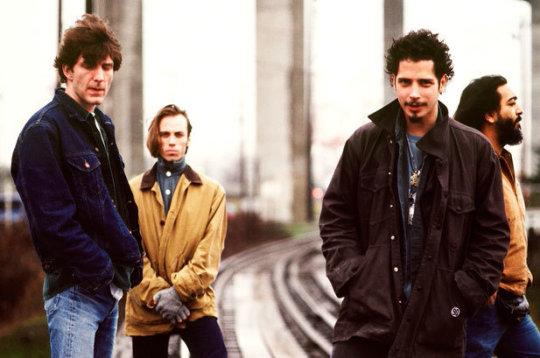
It’s a quarter past nine A.M. and my playlist hits me with a dose of Soundgarden. It got me thinking of the band and their place in rock and roll history. They obviously have a sound to them. The sludgy riffs, the precise (all the while chaotic) drumming, a sprinkle of weird bass lines, and above all—a cathartic vocal. It is clear where all these ingredients come from. Each has a personality and the band is better for it. Individuality is what makes each member standout, but it is also clear that the ingredients at hand make one solid image: Soundgarden.
With that said, why aren’t Soundgarden discussed in the pantheon of rock music?
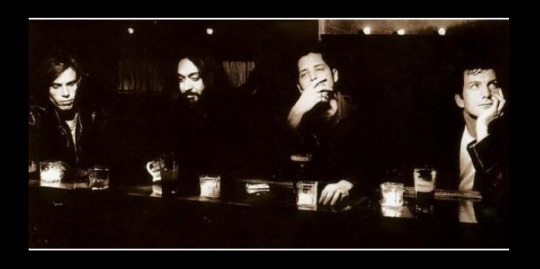
Upon further listening to Soundgarden’s discography I found myself enamored with Down on the Upside. There is relatively no discussion around the record today. It’s an album that the fanbase knows, but it’s not a classic. There lies the tricky part of discussing Soundgarden: they are an important band of the late 80s and 90s, yet they’re defined by Nirvana and Black Hole Sun. I’m reminded of the great bands such as The Stooges, The Pixies, and Big Star. But how is a band associated with what many consider the last great rock and roll scene “Grunge” and have platinum records be discussed with the likes of the Pixies and Big Star? It’s essentially a conundrum. One cannot be completely unknown if you're known, but like Jason Lee’s character says in Almost Famous, “I’m one of the out of focus guys” regarding the fictional band picture. In other words, Soundgarden is part of the picture but seemingly are out of focus.
The dilemma lies in that Soundgarden broke up the following year after the release of Down on the Upside. And well, Kurt Cobain’s death. His death essentially haunts every rock band of the time. I bet you if you read an interview from the bands related to the “Grunge” scene, whether they were from Seattle or simply hanged out with them or butted heads with them, they will get asked about Cobain’s suicide. It’s a shadow the looms large in the 90s rock world, but one that shouldn’t define the era of great music.
As for Soundgarden breaking up—it is my theory that Soundgarden would have stayed relevant in the 00s and build a larger body of work that would be undeniable (although I believe the quality of their current music speaks for itself).
But alas, we are dealt with the cards of destiny. Kurt Cobain, unfortunately, committed suicide in 94’ and Soundgarden broke up after their release of Down on the Upside (would reunite 14 years later alongside a fantastic reunion album, but that’s a topic for another day).
So, we are left with a band that debuted in 1988 with Ultramega Ok, helping define the metal-punk hybrid of the 1990s. Followed by Louder than Love, pushing forward Seattle to the mainstream, which then leads to their first true success Badmotorfinger. Soundgarden would then reach the top of the mountain with Superunknown—regarded by many as one of the greatest records of the 90s and Soundgarden’s best album. I would not object to those sentiments. In fact, I would praise the album more, but I digress.
But what of Down on the Upside? What do we make of this album? Is it a forgotten masterpiece? What does it define? Is it simply Soundgarden's last record before their break up?
On June 8th, 1996, Down on the Upside debuts. It is important to point out the year that was 96’. Alanis Morissette’s Jagged Little Pill continues to sell like crazy. The year the Fugees released The Score. The year of Mellon Collie and The Infinite Sadness by The Smashing Pumpkins. 2Pac’s all Eye’s on Me continues gangster raps appeal to audiences. All these albums are iconic. It’s also important to point to what follows in the coming years…nu metal, rap metal. In other words, music that isn’t fondly remembered yet in the big picture regarding 1996, and Soundgarden, we are left with their forgotten prodigious album.
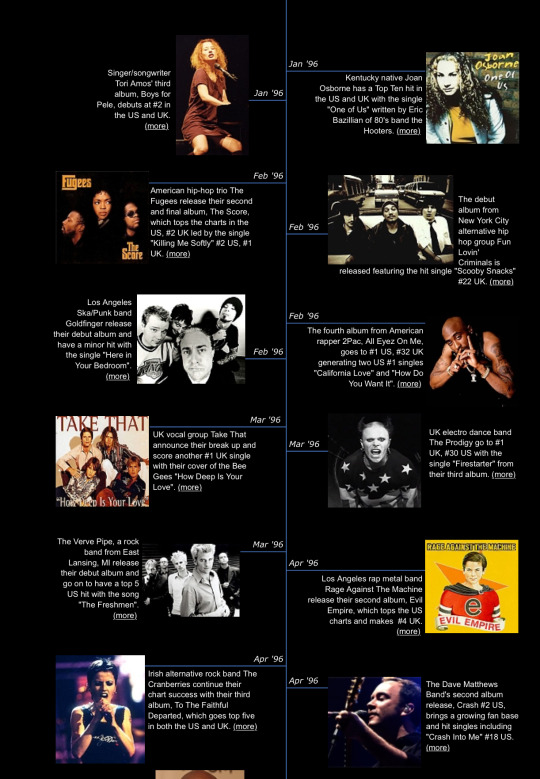
How does Down on the Upside go unnoticed? The album falls into the category I like to call: The Hapless albums. In this category, you’d find Guns N’ Roses’ Use Your Illusion I & II, Led Zeppelin’s III, Aerosmith’s Get Your Wings. Albums that should be discussed a lot more due to the added depth those records add to the artist. They might have songs that are known, but these albums are seemingly forgotten in the grand scheme of Rock music. It could be that they were succeeded by a giant record (ala Toys in the Attic and IV), or the Hapless album followed a defining record (such as Appetite). Or in the case of Down on the Upside, it followed Superunknown and Soundgarden broke up. Something for some reason clouds the record.
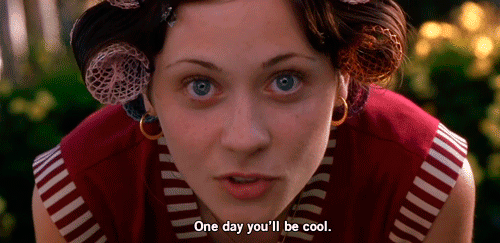
So why even bother pointing out the fact that Down on the Upside is not a celebrated album? Well, because it should be. And I believe it encapsulates the ending of a period in Rock music. It’s a special album, not only because it’s a great listen, but also because it’s the ending of a sound that would not be heard again. As Radiohead’s seminal album Ok Computer debuts in 97’ we have a new era of music entering the Rock world. We would have Rap Metal, Nu Metal, and Ok Computers progressive art rock (although Bjork and company were doing things like Ok’s sound before). Essentially, in a years’ time, Down on the Upside is dead. Signaling a changing of the guard.
Flashforward to the present day. We have the advantage of time. Legacies have been written and rewritten. I still remember when an artist such as Justin Timberlake and Beyoncé were ridiculed, or how Rap music was not seen as music at all. Nowadays, these are the artist who people and critics admire. Change is inevitable.
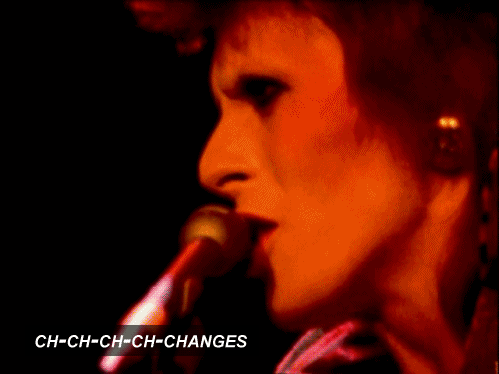
In that same regard, I played Down on the Upside on Spotify. I always enjoyed the album, but after listening to it recently I couldn’t help but feel the album aged just right. The record is a repeater, one listen does not justify the complexities of the album. It’s got bite like most great albums do. Unlike most great records though, each song sound of a piece, rather than a unified thing. Yet as the album forces you to listen to it in its own terms, you begin to notice how that may have been the intention. The more you invest in the record the more Down on the Upside speaks as a great album. It’s one of those albums that you listen to it once and it leaves you disoriented, but with a sense that it’s a good kind of confusion. The second time you enter the labyrinth that is Down on the Upside it captures you. Soon after you (at least I did) will throw away the map and simply enjoy the sounds and music Soundgarden created.
Down on the Upside is the missing piece, that if recognized, would push Soundgarden to be discussed amongst the great artist of all time. It’s an album that closes the “grunge” sound, an album that closes a chapter in rock music, but most importantly, it’s an album for all time.
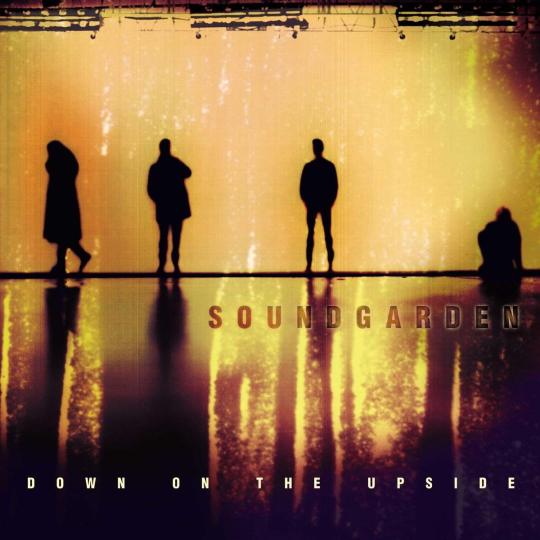
14 notes
·
View notes